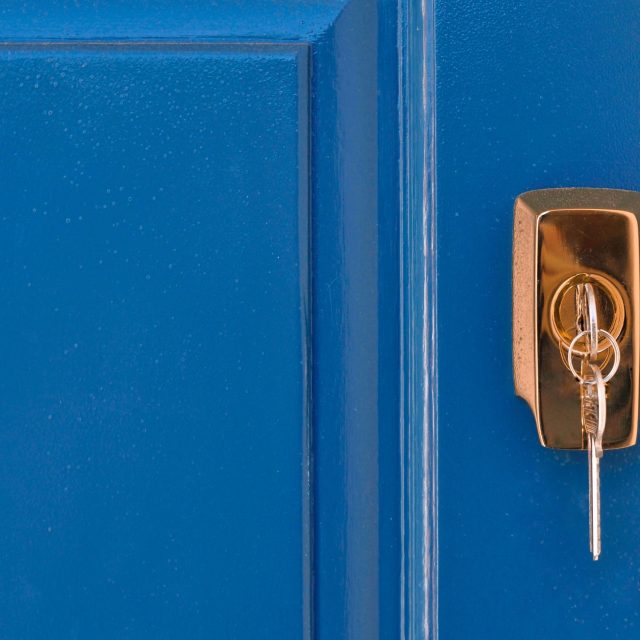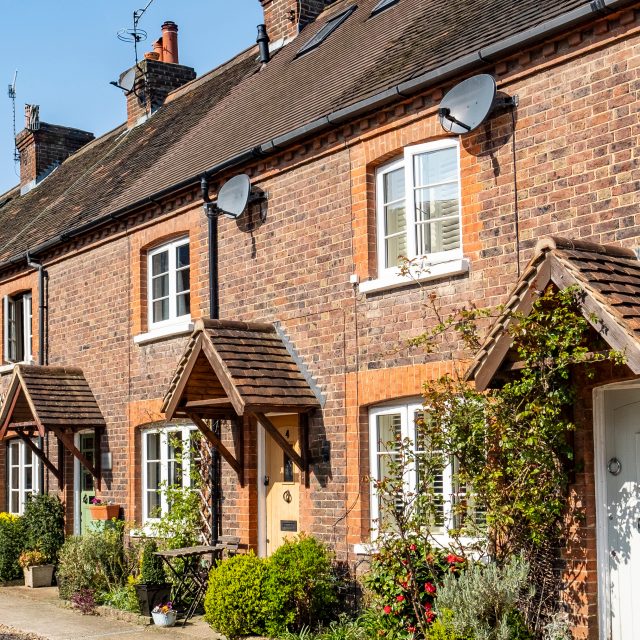Rural landlords need clarity over energy standards
Eighteen months have passed since the government first published its consultation on improving the minimum energy efficiency standards (MEES) in privately rented homes. That document set out plans to raise the Energy Performance Certificate (EPC) energy efficiency rating to Band C for new tenancies from 2025 and for all existing tenancies from 2028.
The consultation also recommended increasing the landlord’s cap – the maximum amount of money a landlord must invest to improve a property’s energy efficient rating – from £3,500 to £10,000.
The government’s original plan was to publish responses to the consultation in spring 2021, with a view to laying regulations in the autumn of 2021. However, we are now in April 2022 and we are still waiting for an announcement.
MEES and rural properties
Meeting MEES rules is already a challenge for anyone managing rural housing, as so many properties in the countryside are old, of traditional construction, listed or in a conservation area. This makes many of the measures designed to improve energy efficiency impossible or inappropriate. The delay in announcing what will be required of landlords in future adds a further complication. Landlords are conscious they need to take appropriate action, or they may be left with stranded assets that will be impossible to let, unless they qualify for an exemption. Yet deciding on the best course of action is impossible until there is certainty about what the legislation says.
Many rural landlords are keen to get on with making improvements – for the benefit of their tenants, the property and because it feels the right thing to do environmentally. However, there is currently no guarantee that if a landlord spends money on improving a property today it will count towards the payment cap, assuming it is introduced as set out in the consultation. As it stands, there is a danger that a landlord with a property that is now F or G rated could spend £5,000 on energy improvements today and still have to spend another £10,000 next year. It is not a surprise that people are holding off making decisions unless they are forced to – for example, if the boiler in a property breaks down.
EPC updates
A further complication is that the EPC scoring criteria is also due to be updated shortly, with the government acknowledging that they need to be accurate, reliable, and trusted if it is basing policies around them. There are two kinds of EPCs – a Standard Assessment Procedure (SAP) and RDSAP (Reduced Data Standard Assessment Procedure) – the latter being a simplified version of the former, with the RDSAP tending to be used for existing buildings.
Any changes to the way EPCs are scored are important, as it is the EPC which ultimately guides how money should be spent to improve the energy efficiency of a building. If there are significant changes it will affect how money is best spent and could even change the banding a property sits within – upwards or downwards.
VAT scrapped
The Chancellor’s announcement in the Spring Statement that the government will be scrapping VAT on installation of energy efficiency measures, such as solar panels and heat pumps, in residential property may be helpful for landlords. This is a measure that will be in place from 1 April 2022 to 31 March 2027, with the VAT rate returning to 5% after this date. However, landlords do need some clarity about what MEES rules they will need to meet and by when, to allow them to make the right decisions about energy efficiency measures.
If you have a question about the MEES regulations or EPCs then contact Sarah Roberts.






